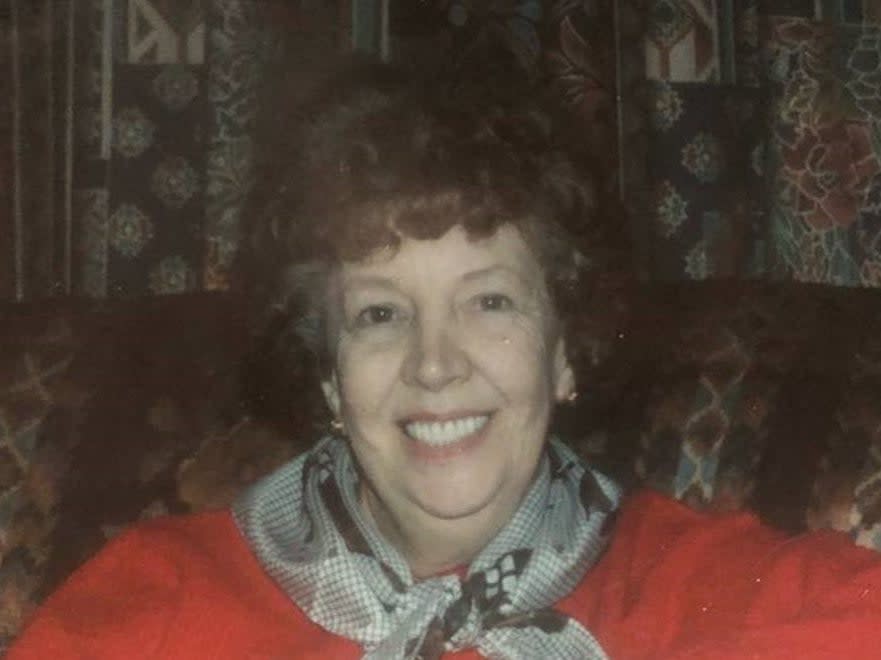Welsh nursing home resident ‘died after becoming dehydrated and malnourished’

An inquest has heard how an elderly woman died after developing dehydration, malnourishment and pressure sores during a four-month stay at a Welsh nursing home.
Dorothea Hale was a resident at the Grosvenor House facility in Abertillery, Monmouthshire, from July until November 2006 – at which point she was transferred to hospital where she later succumbed to her fast-declining health.
The 75-year-old’s death featured in Operation Jasmine, a police investigation into the neglect of elderly residents at several care homes in South Wales, Gwent Coroner’s Court in Newport was told.
That inquiry lasted nearly a decade and cost £11.6m, with detectives looking into 63 deaths potentially caused or abetted by inadequate healthcare treatment.
Ms Hale, who died in January 2007, was admitted to Grosvenor House after suffering two strokes which left her completely paralysed down one side, and needing full-time nursing care, the inquest heard. She also had a peg tube feeding system fitted before moving into the nursing home because of difficulty she had swallowing after the strokes.
Notes made by Grosvenor House prior to her transfer stated the mother-of-two was turned regularly, every three or four hours, and did not have any pressure sores.
But this allegedly differed greatly to what hospital staff found on her arrival. Catherine Cawte, Ms Hale’s daughter, recalled how a nurse asked what had “been done” to her mother during her stay at Grosvenor House.
“I can remember being there with my dad and brother and waiting for some time before a nurse came in to see us and said words like: ‘Oh my God, what did they do to your mother in that care home? She has pressure sores and her peg feeding tube is filthy and blocked’,” she told the inquest.
“I remember that being the focus and mum wouldn't last the weekend because she was in such poor health.”
Ms Cawte, a nurse herself, said that by the time her mother was taken to hospital it was too late because “she was so close to death”. She also claimed her family had no knowledge of the pressure sores until this point.
In a written statement, Laurence, Ms Hale’s husband and Ms Cawte’s father, verified his daughter’s version of events.
“We were informed she was in a poor general condition and had a large pressure sore to her back, which we had no previous knowledge of,” Mr Hale, who has since died, wrote.
He continued: “Following Dorothea suffering the stroke I was aware she was never going to get better. She was … unable to turn herself or carry out regular day to day movements. I had no previous experience of the care profession and I found everything was taken out of my control [so] I went on the advice that was given to me at every stage.”
Earlier this year, a coroner found the deaths of five residents at the Brithdir nursing home in New Tredegar, South Wales, which also featured in Operation Jasmine, were contributed to by neglect.
The operation, one of Wales’ biggest inquiries on record, was launched after the death of an 84-year-old patient at another nursing home in Newbridge, Caerphilly county, also in the early 2000s.
It led to Dr Prana Das, 73, facing charges relating to neglect at Brithdir and another home – The Beeches in Blaenavon, Torfaen.
Dr Das later died, in January 2020, without ever facing trial. He had been left unfit to go to court after suffering a brain injury during a burglary at his home in Langstone, Newport, in 2012.
The inquest continues.
PA contributed to this report

 Yahoo Finance
Yahoo Finance 